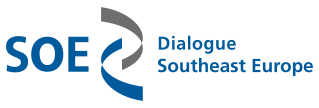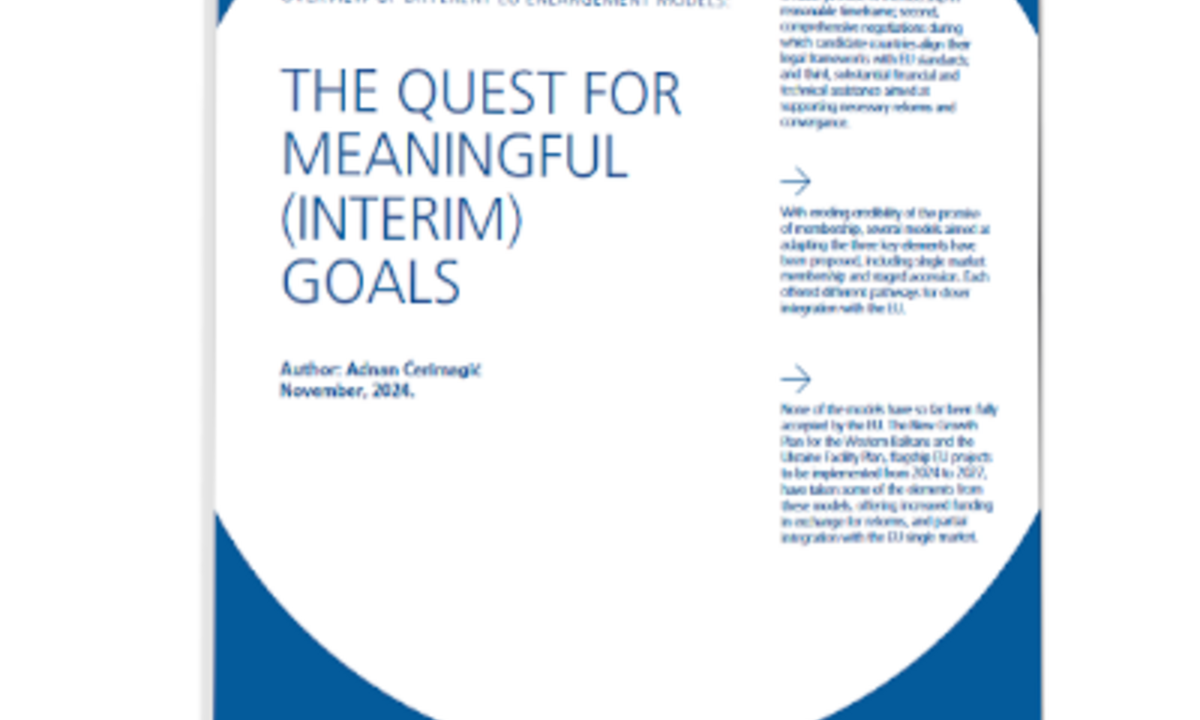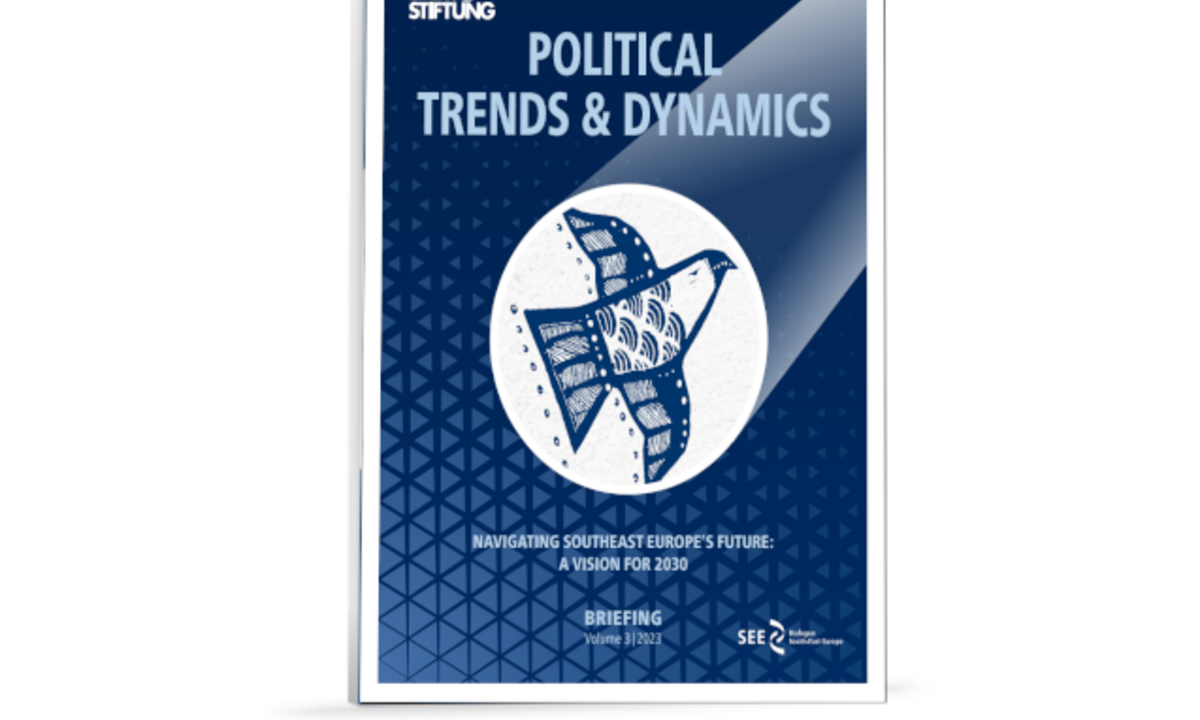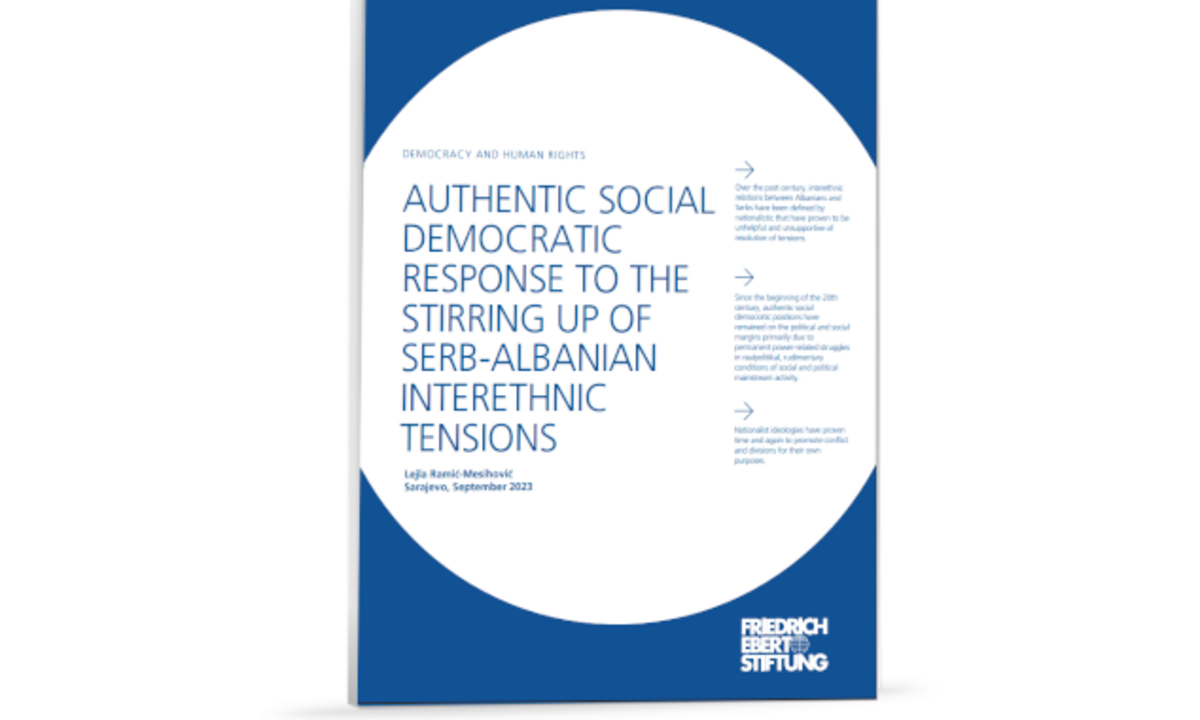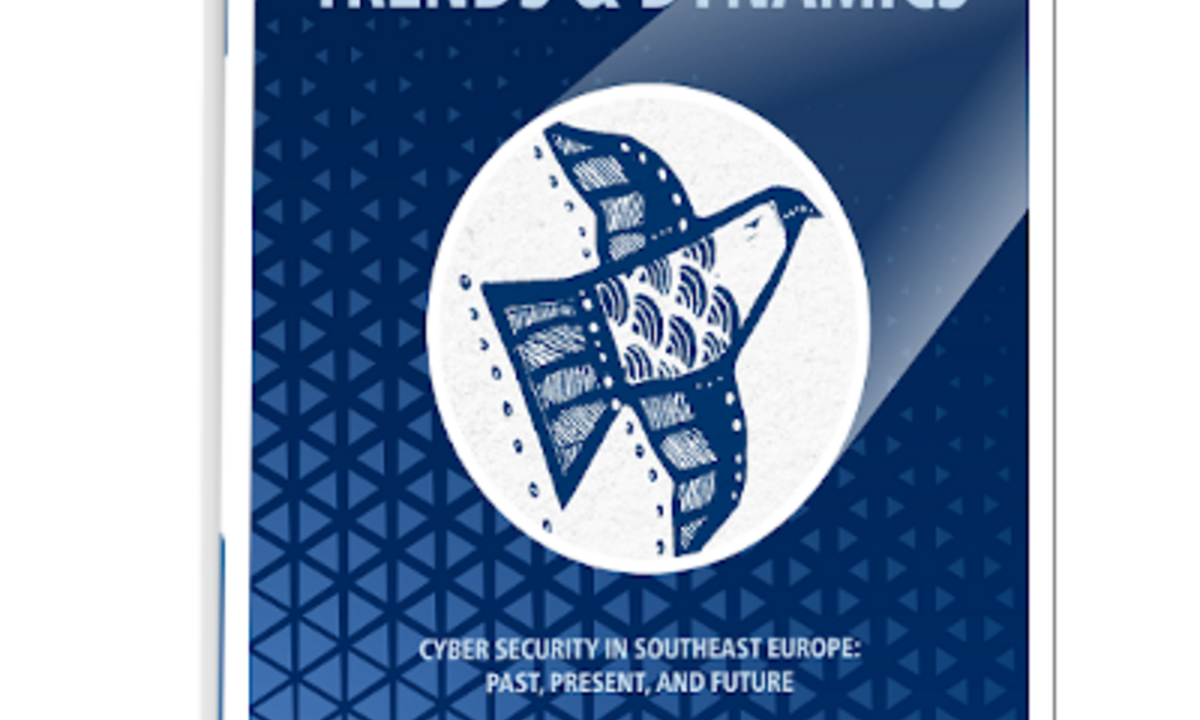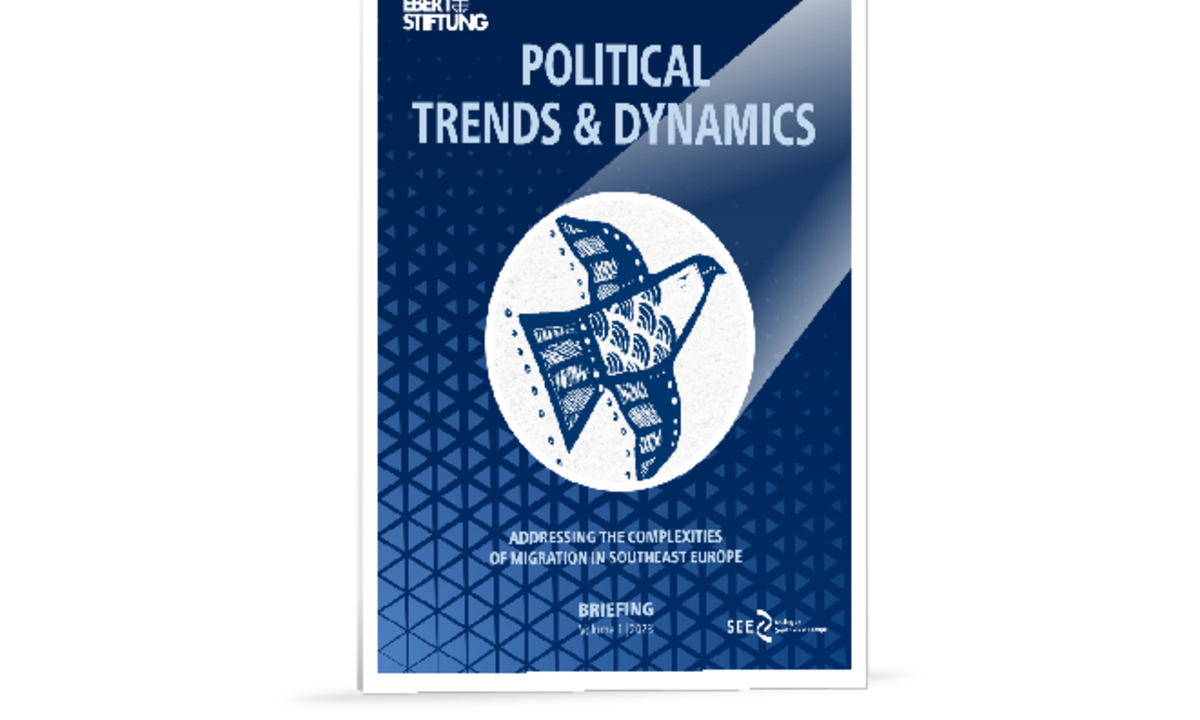Time to move on: 20 Years of the Thessaloniki Summit
Marking two decades since the Thessaloniki Summit, we discussed the vision outlined for EU Enlargement and the Western Balkan countries. What makes this conversation even more necessary is the current reality of the enlargement process. The general understanding is that, twenty years later, many expectations have not been met, making this the perfect opportunity for a conversation on how to move forward.
The conference was structured to examine the current state of affairs and to address potential innovations in the new negotiating framework and new models of EU integration. Lastly, we broadened the discussion to include the future of the region in the context of international actors and the geopolitics of the new era that is already at Europe's doorstep.
The sober and realistic approach to the topic provided new avenues for thought when it comes to rethinking the processes and increasing the agency of regional governments. Numerous questions were raised, from the political environments and internal structures in the Western Balkan countries to bilateral relations and, finally, the internal processes of the EU itself. In such a complex environment, one of the crucial questions this international conference aimed to address is how to overcome the lethargy of the accession process. Kirsten Schönefeld, Director of the FES office for Serbia and Montenegro, concluded that the ultimate answer to this question is not thinking in the context of EU enlargement but thinking about these processes as a return of the Western Balkan countries and the fulfillment of the EU's mission to be a peace project.
Balša Božović, Director of the Regional Academy for Democratic Development, also emphasized the benefits of the multiple perspectives that conferences like this one offer. When it comes to the topic of EU enlargement, priorities tend to vary. Still, as he stated, the clear priority of the Western Balkans is democratization, particularly for certain countries in the region, such as Serbia. Ultimately, the interest in the accession process is a clear priority for some countries, and their neighbors should not hinder these processes. He concluded by reflecting on the current global context, in which, unfortunately, peace is no longer a given but has become a privilege. In that sense, the Western Balkans are facing new challenges, which make a clear sense of priorities even more necessary.
For FES SOE, partnering in such conferences remains essential because of the benefits of bringing diverse actors together. René Schlee, Director of the FES Dialogue SOE, stated that as a German social-democratic political foundation, FES wants to engage in regional discussions and bring them back to Berlin. FES SOE believes that aspiring member states must play active roles in the process and must be able to shape discussions instead of being passive recipients of decisions.
As FES, we remain committed to the principles that emphasize the importance of collective action and to supporting the Western Balkans in their aspirations to become EU Member States. We thank our partners for another successful conference in Podgorica, and we hope that next year, we will discuss new developments instead of unfulfilled promises.
Friedrich-Ebert-Stiftung
Dialogue Southeast Europe
Kupreška 20, 71000 Sarajevo
Bosnia and Herzegovina
Team & Contact
Subscribe to our mailing list and receive our publications as soon as they are available: send us your contact info via info.soe(at)fes.de
